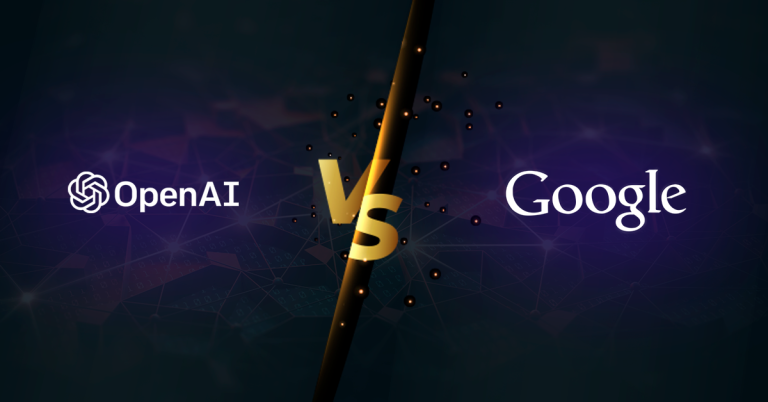In an effort to compete with ChatGPT, Google has announced Bard, which will be made available to a broader audience in the “coming weeks.”
The news is official since Sundar Pichai, Google’s CEO, announced the upcoming AI tool in a blog post today. According to the news, Google is actively working on Bard, a ChatGPT competitor.
Sundar Pichai describes the tool in the mentioned blog as an “experimental conversational AI service” which will function by answering users’ queries and taking a constructive part in conversations. However, for now, the software will be available to only a group of “trusted testers” before being “more widely available to the public in the coming weeks.”
The precise set of skills Bard will have is unclear, but it appears that the chatbot will be as free-ranging as the ChatGPT, answering practical queries like how to plan a baby shower or what kind of meals may be created from a list of groceries for lunch.
Pichai writes:
Bard can be an outlet for creativity, and a launchpad for curiosity, helping you to explain new discoveries from NASA’s James Webb Space Telescope to a 9-year-old, or learn more about the best strikers in football right now, and then get drills to build your skills.
He also notes that Bard “draws on information from the web to provide fresh, high-quality responses.” The phrase suggests that the AI might answer queries about recent events. It is a highly competitive factor since ChatGPT struggles with keeping up with the latest affairs.
The “code red” generated by ChatGPT’s release last year is evident by Google’s hastily made announcement and the lack of detail surrounding Bard. While the technology behind ChatGPT is hardly ground-breaking, OpenAI’s choice to make the system available online for free has introduced millions of people to a new method of automatic text generation. The results have been seismic, sparking conversations about how ChatGPT may change the face of the workplace educational institute and, most importantly for Google, the future of online Search.
We know that Microsoft has invested millions of dollars into OpenAI, meanwhile capitalizing on the moment. The company is expected to integrate ChatGPT into the Bing search engine, the Microsoft browser, along with other products in its Office suite. Screenshots purportedly showing a ChatGPT-enhanced Bing leaked just last week.
We know that it was Google that invented the primary technology, the transformer “T,” in the GPT. So, Google is profoundly expert in the AI that works behind ChatGPT. However, the company has always taken a cautious approach when it comes to sharing its tools publicly. Google previously created LaMDA (the technology is available through its AI Test Kitchen app), the language model that supports Bard. However, this version is highly constrained as it can only generate text relevant to a handful of queries.
Fearing a backlash against unproven AI, Google shares this concern with other tech titans. Some argue that large language models should replace search engines, despite their well-documented propensity to spout harmful content such as hate speech and confidently assert erroneous information. One academic even described such systems as “bullshit producers.” (In 2021, Google conducted its own research into the risks associated with AI-powered Search).
Bard, which will soon be released, represents a major shift in Google’s strategy on this type of technology. While it’s likely the system will make mistakes, possibly severe ones, Pichai assures us in his blog post that Google will use “external feedback with our own internal testing to ensure sure Bard’s responses meet a high bar for quality, safety, and groundedness in real-world knowledge.”
He says:
Soon, you’ll see AI-powered features in Search that distill complex information and multiple perspectives into easy-to-digest formats, so you can quickly understand the big picture and learn more from the web: whether that’s seeking out additional perspectives, like blogs from people who play both piano and guitar, or going deeper on a related topic, like steps to get started as a beginner. These new AI features will begin rolling out on Google Search soon.
On the same day, Google will host an event centered around AI, Search, and other topics. So, we are keeping our eyes and ears wide open for more revealing updates soon. Stay tuned!
